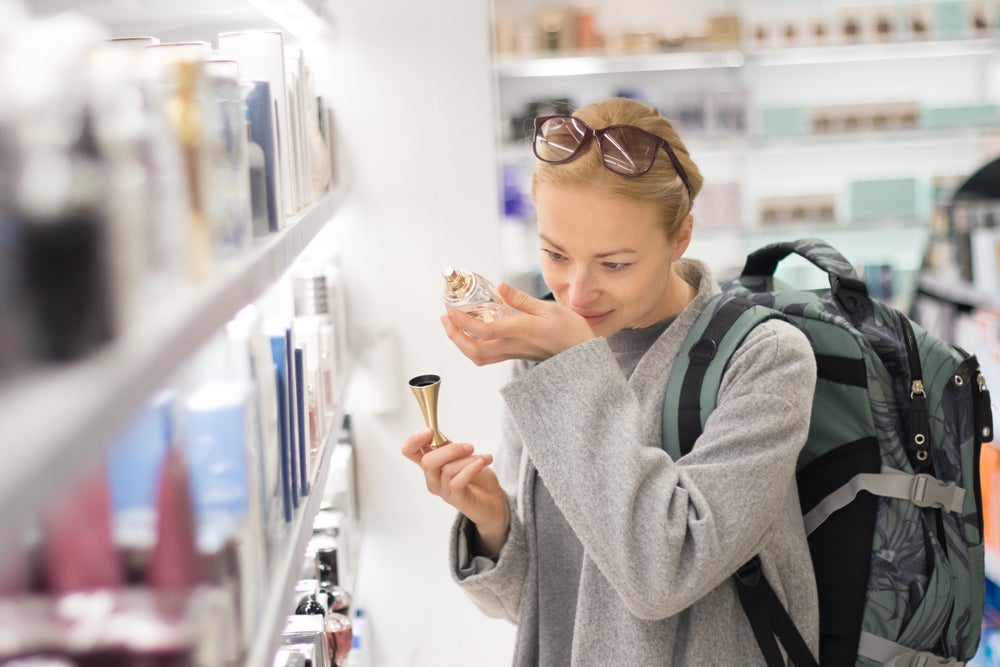The health and beauty market has been rife with start-ups focused on encouraging consumers to switch to more sustainable solutions for their everyday beauty needs. But sustainable beauty brands cannot succeed in the UK health and beauty market without diversifying their channel presence.
Harry’s Razors, Wild deodorant and Function of Beauty began as online players with a subscription-based model. However, these brands are increasingly partnering with leading health and beauty retailers such as Boots, Sainsbury’s and Tesco to broaden their reach and support their long-term growth prospects. This expansion into physical retail and away from subscription services is crucial to longevity, with partnerships enabling them to grow brand recognition beyond existing online marketing campaigns.
The UK health and beauty market has held up well throughout the cost-of-living crisis, as shoppers have prioritised the sector over big-ticket categories. Wild hit the shelves of Sainsbury’s in 2021, elevating its growth journey, with revenue increasing 112% from the previous year to £26.5m in 2022. The sustainable deodorant brand has been stocked in Tesco since February 2024, with standalone bays to display the wide range of its deodorants and its newer range expansion of body washes and hair care products.
Through partnerships with DTC brands, big retailers gain exclusivity
In diversifying to physical locations, direct-to-consumer brands can grow their overall client base – appealing to older consumers, who are less comfortable shopping online. Instore accessibility ensures that consumers are more likely to purchase the items, as they can smell and try the products before buying, which for many is a barrier to shopping online for health and beauty products.
Retailers would be wise to strike up partnerships with direct-to-consumer brands as this will enable them to gain exclusivity, especially if it is a brand that is only otherwise available online. For brands, offline locations would allow shoppers to bypass the barrier created by subscription service models, whereby the online platform defaults to a subscription plan over a single purchase, deterring consumers from purchasing due to uncertainty of how often they will need to replace it and whether they will like the product.
Physical stores can drive sales back to online platforms
Yet direct-to-consumer brands should not lose focus on their online propositions entirely. The UK online health and beauty market is forecast to grow 7% in 2024, compared to a 4.3% increase in the offline channel, suggesting that while developing a presence in physical locations is crucial, digital platforms will continue to be a driving force in the beauty market. These brands must use physical stores to drive sales back to online platforms, enabling consumers to learn about the product, try it and then continue purchasing through its website. In the case of subscription-style services, such as those of Harry’s and Wild, buying the initial product at a physical store is likely to lead to consumers buying refills via their websites in the future, especially if they retain scent-exclusives, for example, that are unavailable elsewhere.

US Tariffs are shifting - will you react or anticipate?
Don’t let policy changes catch you off guard. Stay proactive with real-time data and expert analysis.
By GlobalData





